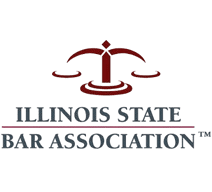





Don’t just take our word for it—see what our GeoCity, GeoState clients are saying!
Facing a sex crime accusation is one of the most serious situations anyone can experience. The stigma, potential penalties, and long-term consequences can follow you for life. These cases are often complex, and even a small misstep during the investigation or in court can make a big difference in the outcome.
Our attorneys handle a wide range of sex crime charges, including:
Strong defense against allegations of non-consensual sexual activity.
Lorem ipsum dolor sit amet, consectetur adipiscing elit. Ut elit tellus, luctus nec ullamcorper mattis, pulvinar dapibus leo.